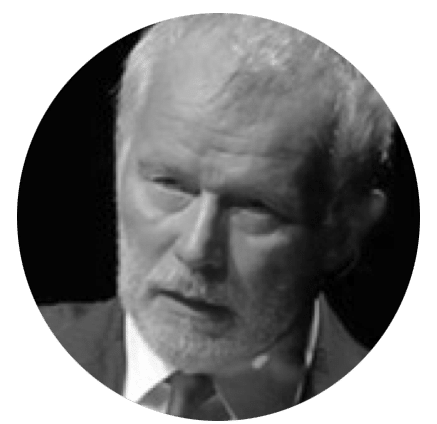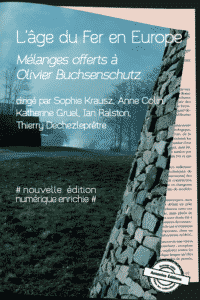UN@ est une plateforme d'édition de livres numériques pour les presses universitaires de Nouvelle-Aquitaine
Auteur : Sander van der Leeuw
An archeologist and historian, Sander van der Leeuw pioneered the application of the Complex Adaptive Systems approach to socio-environmental challenges, technology and innovation. He coordinated the ARCHAEOMEDES research program (1991-2000) using the CAS perspective on sustainability challenges in S. Europe – the first of its kind worldwide. He held teaching positions in Amsterdam, Leyden, Cambridge and Paris (Sorbonne), was founding director of Arizona State University’s School of Human Evolution and Social Change and dean of its School of Sustainability. He is Fellow of the AAAS, Honorary Fellow of RIHN (Kyoto, Japan), External Fellow of the Santa Fe Institute, and Corresponding Member of the Royal Dutch Academy of Arts and Sciences. He held a Chair at the Institut Universitaire de France. In 2012, he was awarded the title « Champion of the Earth for Science and Innovation » by UNEP.
Selective bibliography
- Social Sustainability, Past and Future: Undoing Unintended Consequences for the Earth’s Survival, 2020, Cambridge University Press (open access): https://www.cambridge.org/core/services/aop-cambridge-core/content/view/811395DC3A8D82EAD39C45657B2FD1AD/9781108498692AR.pdf/Social_Sustainability__Past_and_Future.pdf?event-type=FTLA
Mots clés
archéologie, âge du Fer, durabilité, systèmes complexes
Comprendre la relation entre habitats de hauteur fortifiés et territoire environnant est un des enjeux majeurs des études micro-régionales. Le statut de l’habitat et les modalités de son emprise sur les terroirs avoisinants sont au cœur des problématiques d’occupation. Habitat d’une élite locale ? Contrôle des passages et/ou contrôle des terres agricoles et des ressources minérales ou surveillance de la côte ?



